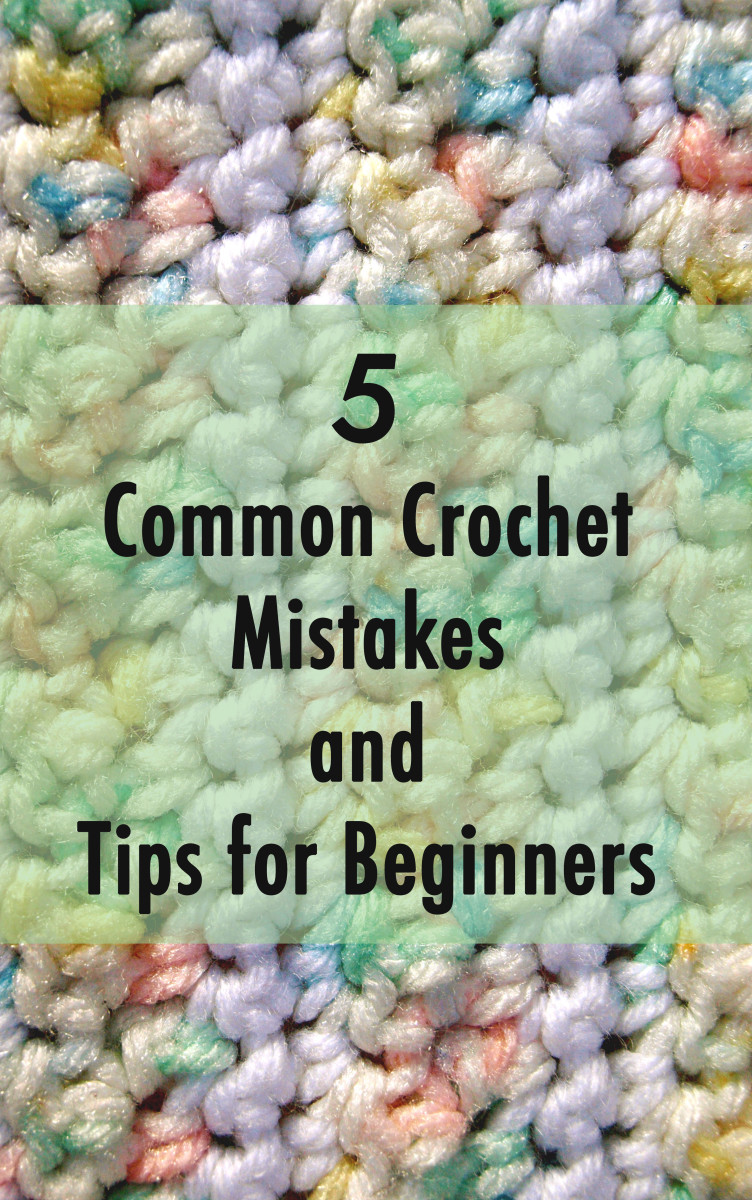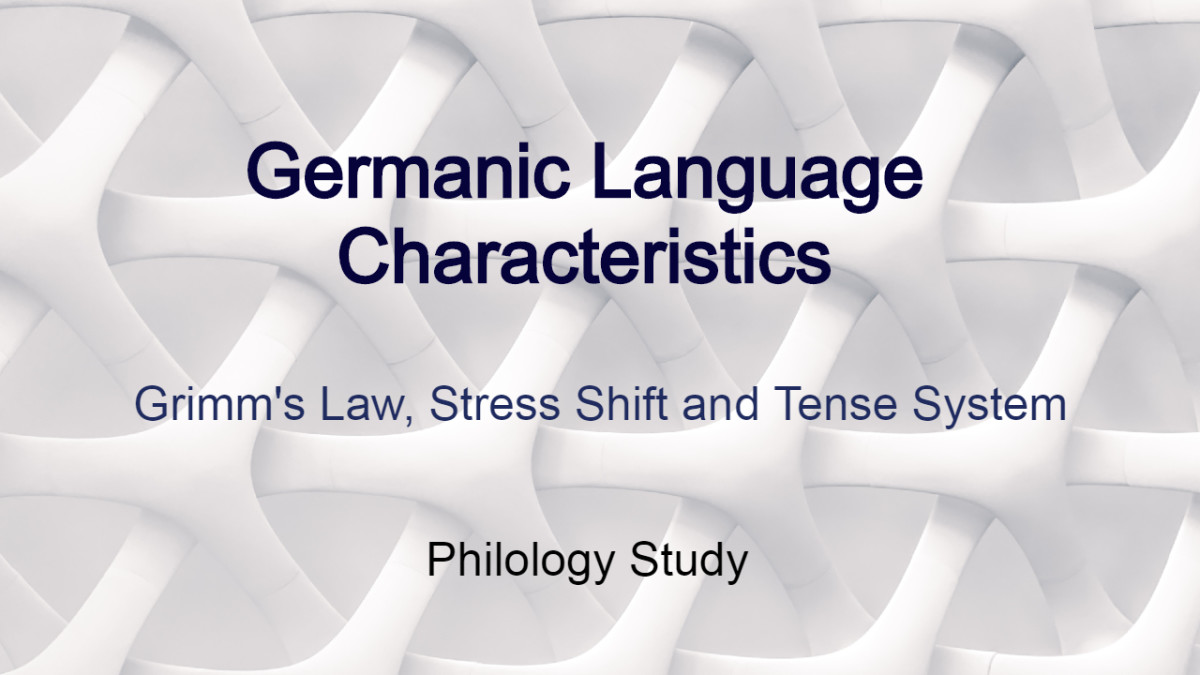Common Mistakes and Confusions In English Usage II

I did a hub recently about Common Mistakes and Confusions In English Usage and since then, I keep encountering more common mistakes in English usage. So here is part II of what, I believe, will be a series with quite a few more parts.
Complement / Compliment
This is another common mistake which I think is due to carelessness rather than ignorance. Complement means the other half of a whole or that which makes something complete as in the battalion has its full complement of officers. Compliment, on the other hand, is something you get for a job well done.
Examples on the use of complement and compliment:
- She is full of compliments for him and as he feels that they complement each other, he asks her for her hand in marriage.
- The boss complimented him for his ingenuity and remarked that he complemented their team.
- Compliments were plentiful at the start of the race but at the end of the day, it is the team whose members complemented each other well that won the race.
Enquiry / Inquiry
Both enquiry and inquiry will feature something that is unknown, or a question or a probe of some sort. But an enquiry will typically be of a simple nature, something that would be easy to answer and perhaps can be answered in a single sentence. An inquiry, on the other hand, would probably be something a little more involved. It might take days, weeks or even months to complete, and would require many resources.
Additional examples of the use of enquiry and inquiry:
- A cursory enquiry by the news reporter over what was considered to be an insignificant discrepancy eventually led to a full blown inquiry.
- If you do not know how to get to the conference, you can make an enquiry at the counter.
- Mr Gatti was asked to convene a formal inquiry about the missing cash.
Complain / Complaint
I can’t believe that I didn’t learn this at school. I was probably thinking of something a little more interesting than the fact that complain is a verb and complaint is a noun. Come to think of it, I was probably thinking of filing a complaint with the school authorities and not keep complaining about the bad food at the school tuckshop.
More examples on the use of complain and complaint:
- Her complaints were falling on deaf ears so she decided to stop complaining and take action.
- All she would do is complain, complain and complain, and when she has finished complaining, she’d complain some more.
- He may have been a little hasty with his complaints in the past, but I think that this time, his complaint is justified.
Intent / Intend
This is another pair in which the difference between them is that one is a noun and the other is a verb. Intend is the verb so you intend to make sure that you do not make any grammatical errors. On the other hand, you can also have the intent not to make any grammatical errors.
Additional examples of the use of intent and intend:
- He never intended to cause harm but unfortunately, the practical joke got out of hand and the business was burned to the ground.
- The intent of a doctor must first be not to do any harm.
- She intended to make peace but her intent was misconstrued and things got even worse.
Disinterest / Uninterest
Actually, I have always used disinterest and uninterest interchangeably, without knowing that the two words have different meaning. Uninterest means a lack of interest, while disinterest would mean a lack of bias.
Some examples on the use of disinterest and uninterest:
- He is interested in the matter, and actually has an interest in the outcome, but as a judge, he has to exercise his judgement with complete disinterest.
- She told him that she had to be fair to her other suitors and treat him with disinterest, but he took it to mean that she was uninterested in him.
- He regards the subject of music and the arts with complete uninterest and says that he would rather be at the dentist having his teeth pulled than at an opera performance.








